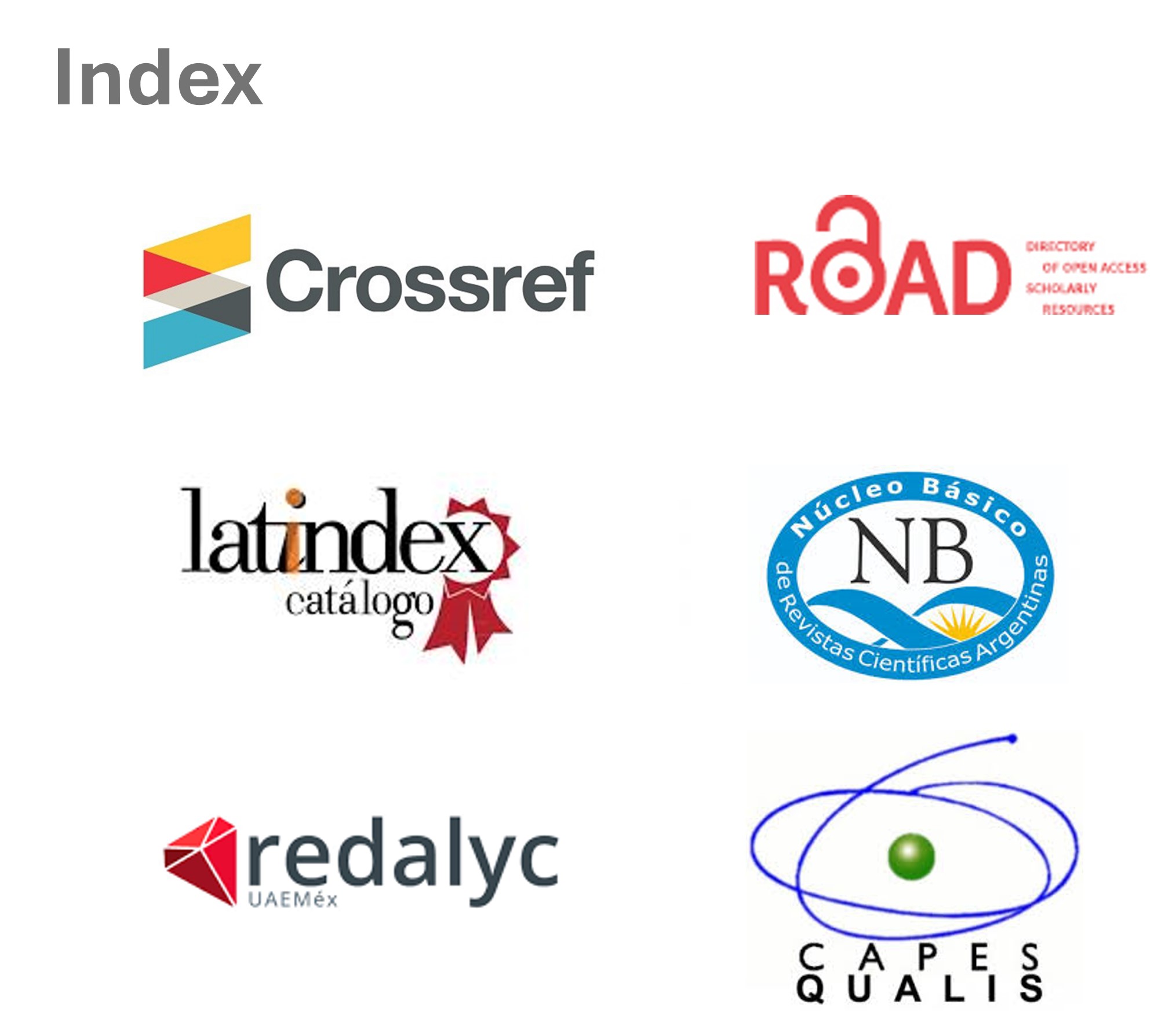Implicancias políticas de los estudios neurocientíficos: Hacia un giro colaborativo interdisciplinario
DOI:
https://doi.org/10.48160/18517072re54.160Palavras-chave:
neurociencia, política, giro colaborativo, Nikolas RoseResumo
El crecimiento sostenido del campo neurocientífico a nivel global en las últimas dos décadas fue acompañado de expectativas en relación con los aportes que estos conocimientos podrían hacer al desarrollo de políticas públicas. Una parte de este campo se orientó al estudio de los efectos de las condiciones socioeconómicas adversas sobre el desarrollo del cerebro desde la infancia temprana, dando origen a los estudios de neurociencia y pobreza. Los avances producidos en esta área en particular han despertado debates entre profesionales de distintas disciplinas respecto de las implicancias políticas de las evidencias que se producen y la forma en que ya están siendo utilizadas en distintas narrativas políticas. En el año 2019, en el Centro Cultural de la Ciencia de la Ciudad Autónoma de Buenos Aires, se desarrolló un evento interdisciplinario titulado “Usos políticos de la evidencia neurocientífica sobre pobreza. Un encuentro de reflexión y debate”. Allí realizó una presentación el destacado sociólogo Nikolas Rose centrada en la revisión e historización de ciertas nociones claves y sus efectos biopolíticos. En su presentación dejó abiertos numerosos interrogantes sobre el papel que podrían jugar la neurociencia en las políticas sobre pobreza e invitó al desarrollo de relaciones colaborativas entre científicos sociales y neurocientíficos. Las páginas que se presentan a continuación y que anteceden a la transcripción de su exposición oral buscan, en primer lugar, enmarcar y contextualizar las discusiones abiertas por Nikolas Rose considerando sus trabajos previos. En segundo lugar, articular su exposición con la problemática específica que nos plantea la noción de “giro colaborativo” considerando la posibilidad de abordar interdisciplinariamente los debates y tensiones que abre la relación entre neurociencia y política.
Referências
Balmer, A. S. et al. (2015), “Taking roles in interdisciplinary collaborations: Reflections on working in post-ELSI spaces in the UK synthetic biology community”, Science and Technology Studies, 28, (3), pp. 3–25.
Fitzgerald, D. et al. (2014), “Ambivalence, equivocation and the politics of experimental knowledge: A transdisciplinary neuroscience encounter”, Social Studies of Science, 44, (5), pp. 701-721.
Fitzgerald, D. y F. Callard (2015), “Social Science and Neuroscience beyond Interdisciplinarity: Experimental Entanglements”, Theory, Culture & Society, 32, (1), pp. 3-32.
Hidalgo, C. (2018) “El giro colaborativo en las ciencias del clima: obstáculos para la provisión de servicios climáticos en Sudamérica y cómo superarlos”, en Cecilia Hidalgo, C., C. Simón y B. Vienni (eds.), Encrucijadas interdisciplinarias, Buenos Aires, CICCUS y Clacso, pp. 17-30.
Mantilla, M. J. (2014), “Educating ‘cerebral subjects’: The emergence of brain talk in the Argentinean society”, BioSocieties, 10, (1), pp. 84-106.
Mantilla, M. J. y M. H. Di Marco (2015), “La emergencia del cerebro en el espacio público: las noticias periodísticas y el cerebro en la prensa gráfica en Argentina (2000-2012)”, Physis Revista de Saúde Colectiva, 26, (1), pp. 177–200.
Ortega, F. y F. Vidal (eds.) (2011), Neurocultures: glimpses into an expanding universe, Nueva York, Peter Lang.
Pitts-Taylor, V. (2016), The Brain´s Body. Neuroscience and Corporeal Politics, Durham y Londres, Duke University Press.
Rheinberger, H.-J. (1997), Toward a history of epistemic things: synthesizing proteins in the test tube, Stanford, Stanford University Press.
Rose, N. y J. M. Abi-Rached (2013), Neuro: The New Brain Sciences and the Management of the Mind, Princeton, Princeton UniversityPress.
Smulski, M. C. (2015), “El impacto de la producción y circulación de conocimiento neurocientífico en la identidad personal. Comentariobibliográfico de: Rose, N. & Abi-Rached, J.M. (2013). Neuro: The New Brain Sciences and the Managment of the Mind. Princeton, NJ: Princeton University”, Culturas Psi, 5, pp. 80–87.
Smulski, M. C. (2018), Hibridación y coproducción Científica. Una mirada antropológica a la investigación en ciencias cognitivas sobre desarrollo infantil en contextos de pobreza, Tesis doctoral no publicada, Facultad de Filosofía y Letras, Universidad de Buenos Aires.
Publicado
Como Citar
Edição
Seção
Licença
Copyright (c) 2022 Redes. Revista de Estudios Sociales de la Ciencia y la TecnologíaOs documentos publicados aqui são regidos pelos critérios de licenciamento Creative Commons Argentina.Atribución - No Comercial - Sin Obra Derivada 2.5 https://creativecommons.org/licenses/by-nc-nd/2.5/ar/













